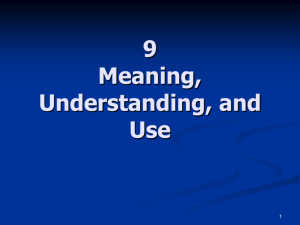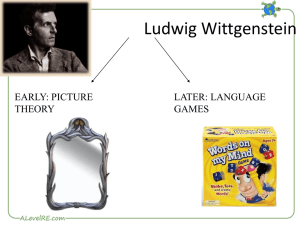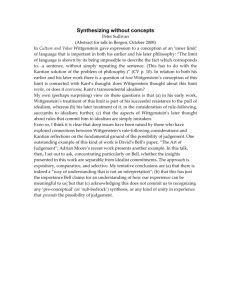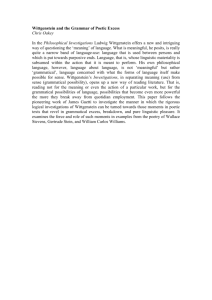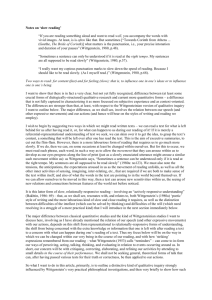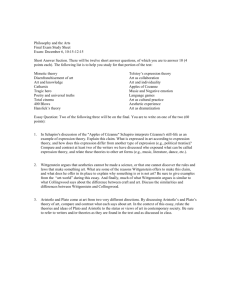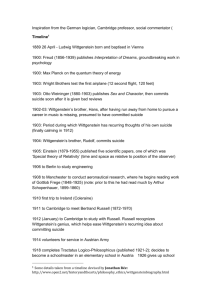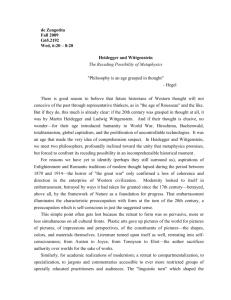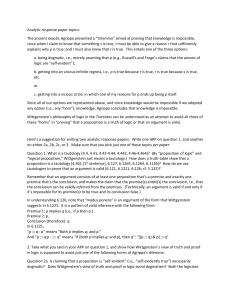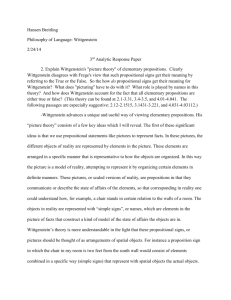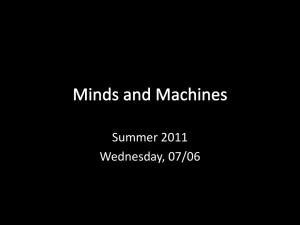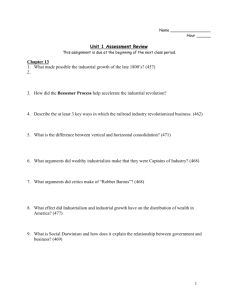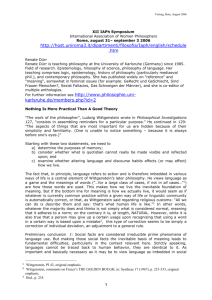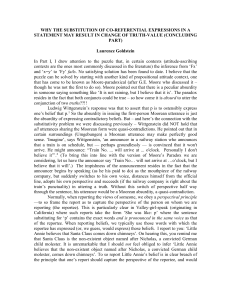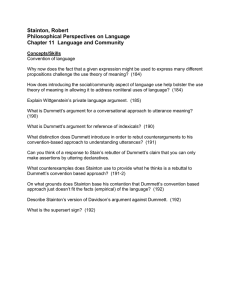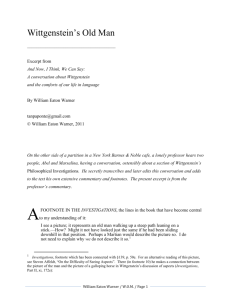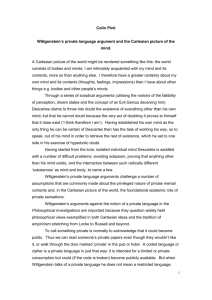Some remarks on publicity of linguistic meaning and understanding
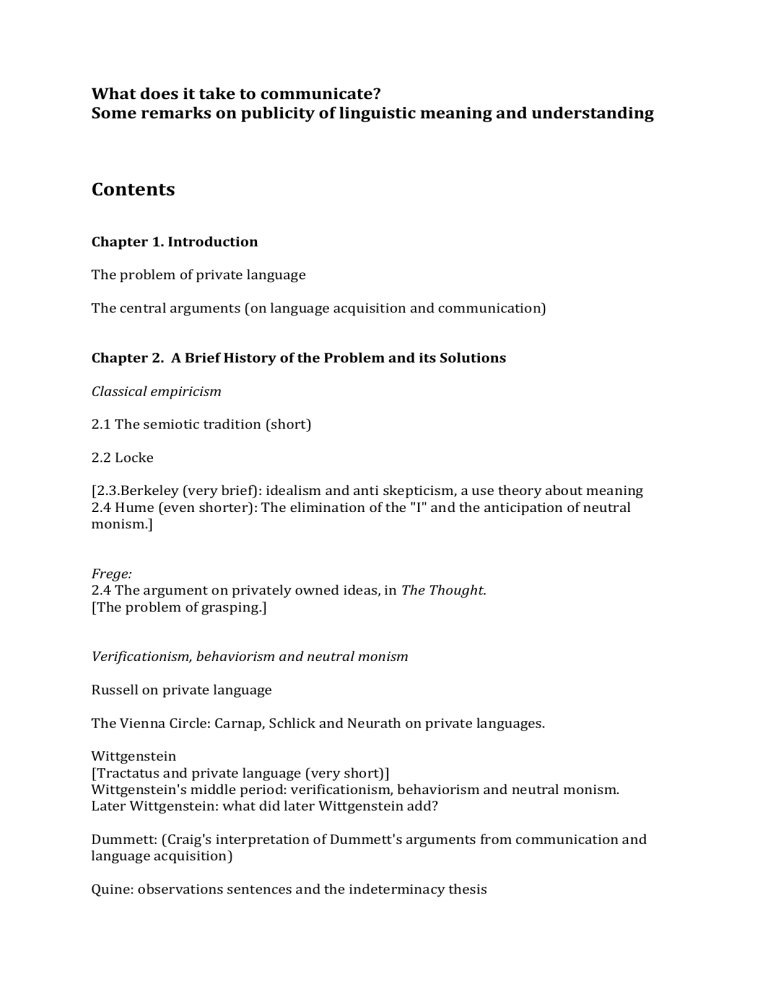
What does it take to communicate?
Some remarks on publicity of linguistic meaning and understanding
Contents
Chapter 1. Introduction
The problem of private language
The central arguments (on language acquisition and communication)
Chapter 2. A Brief History of the Problem and its Solutions
Classical empiricism
2.1 The semiotic tradition (short)
2.2 Locke
[2.3.Berkeley (very brief): idealism and anti skepticism, a use theory about meaning
2.4 Hume (even shorter): The elimination of the "I" and the anticipation of neutral monism.]
Frege:
2.4 The argument on privately owned ideas, in The Thought.
[The problem of grasping.]
Verificationism, behaviorism and neutral monism
Russell on private language
The Vienna Circle: Carnap, Schlick and Neurath on private languages.
Wittgenstein
[Tractatus and private language (very short)]
Wittgenstein's middle period: verificationism, behaviorism and neutral monism.
Later Wittgenstein: what did later Wittgenstein add?
Dummett: (Craig's interpretation of Dummett's arguments from communication and language acquisition)
Quine: observations sentences and the indeterminacy thesis
Davidson (very short)
Meaning and understanding as mental representations
Chomsky against Skinner
The cognitive revolution, CTM.
Fodor's LOTH
Some recent mental representation accounts on understanding.
Chapter 3: Knowing what other speakers mean
-
-
Arguments against linguistic behaviorism
Why understanding is not justified true beliefs:
Pettit, Schiffer, Fricker
Process reliabilism?
-
-
The translation process: Fodor vis-à-vis Horwich
Some implications on meaning
Meaning similarity: Fodor's arguments and Pagin's response.
Recanati...
(Meaning transparency: some problems for the externalist view]
Conclusions....
Chapter 4: Sensation words
Description theories
Reference to qulia.
Conclusions...
THE END!! Yeah.
